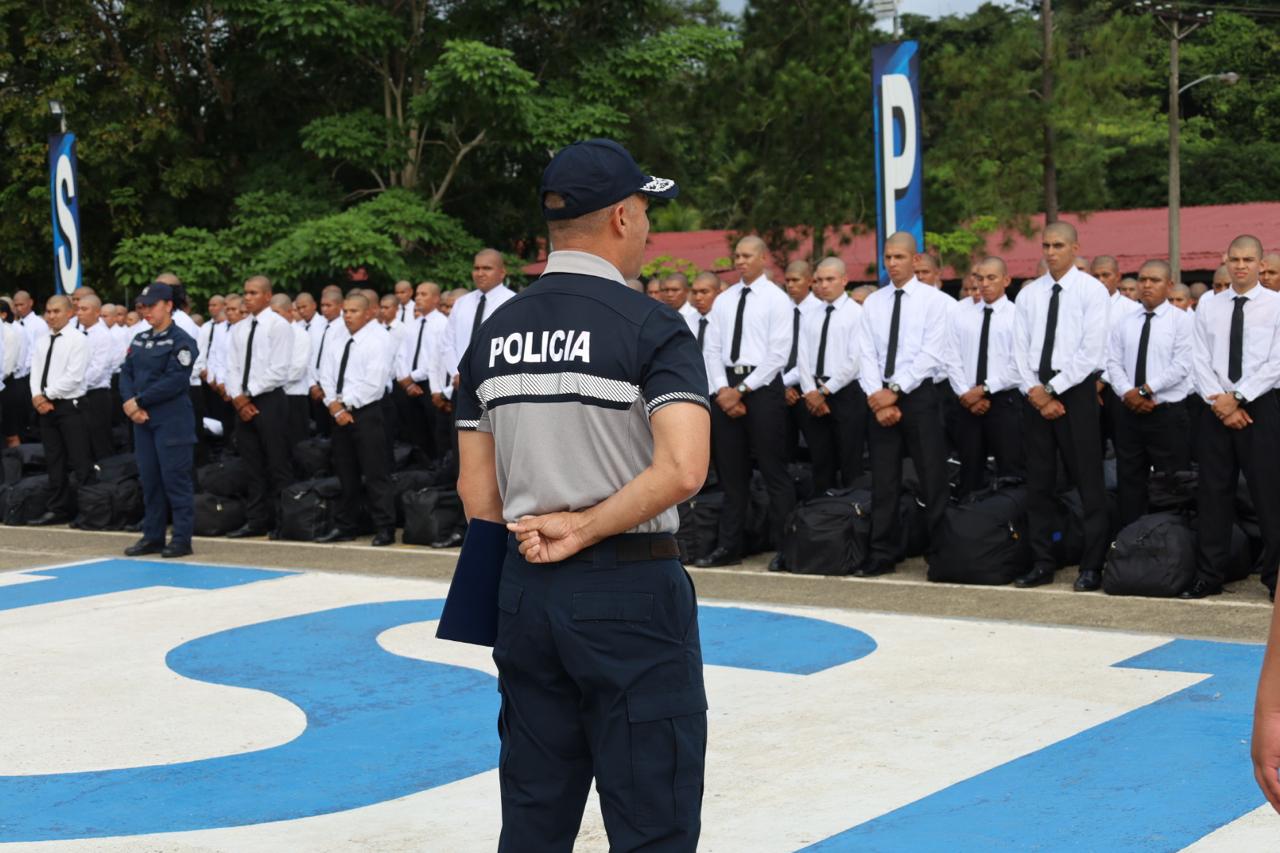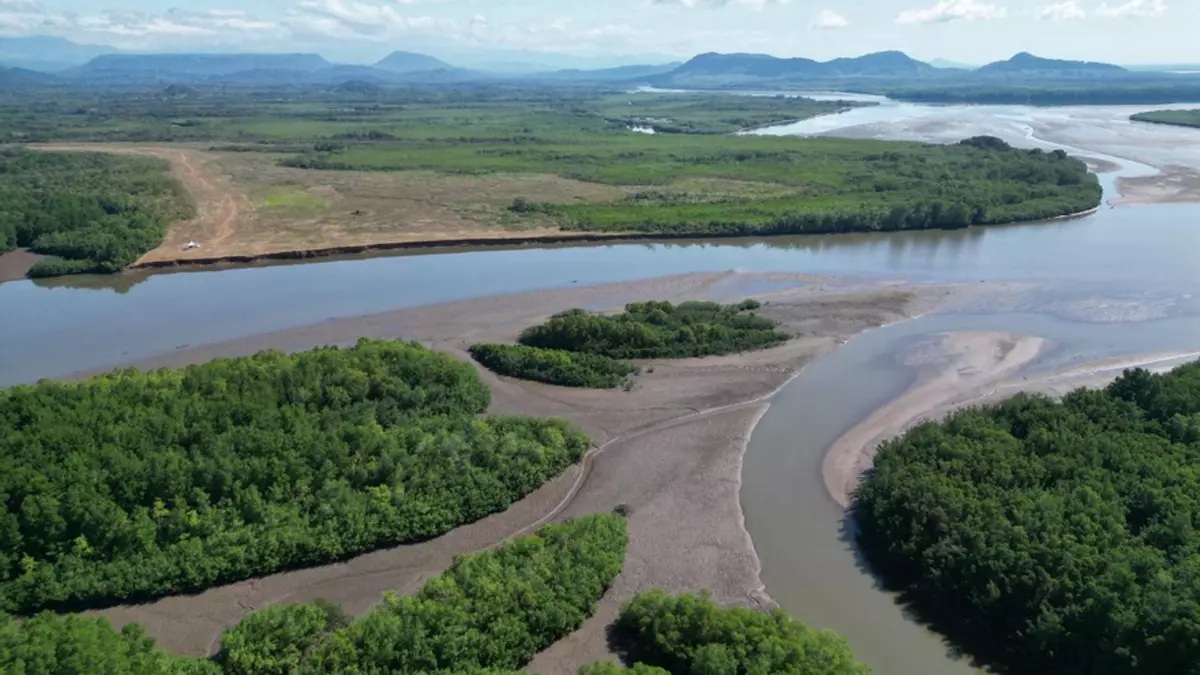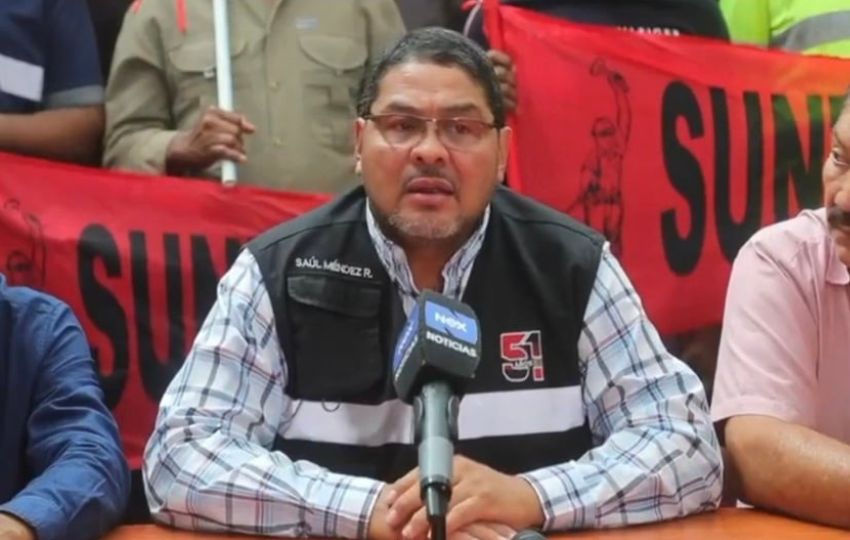Panama Releases 65 Detained Migrants from US Amid Criticism
Migrants held in a Panamanian immigration shelter after being deported from the US are embraced upon arriving in Panama City after authorities gave them 30 days to leave the country.

Panama has released 65 migrants who were held for weeks in a remote camp after being deported from the United States, telling them they have at least 30 days to leave the Central American nation. Authorities said the people released on Saturday will have the option of extending their stay in Panama up to 90 days if needed, allowing them to begin the legal process for resettlement or voluntary return to their homeland. The group was released from the Darien, a dangerous jungle region near the border with Colombia and a key transit route for many migrants crossing from South America on foot.
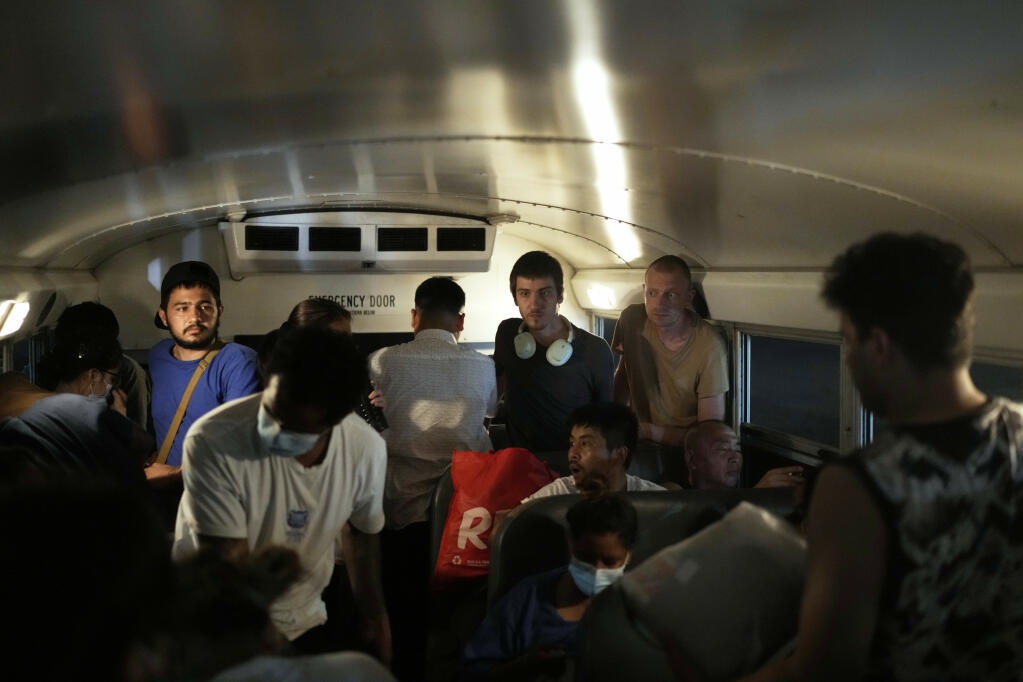
They had been in the camp since mid-February after their deportation from the US. Rights groups argue the release was a way for Panama to wash its hands of responsibility amid mounting human rights criticism. Many of the released migrants say they were fleeing violence and repression in China, Russia, Pakistan, Afghanistan, Iran, Nepal, and other countries. As part of the US administration’s policy of ramping up migrant deportations, Panama reached a deal with Washington under which it received the deported third-country migrants, taking over the responsibility for their repatriation or resettlement.
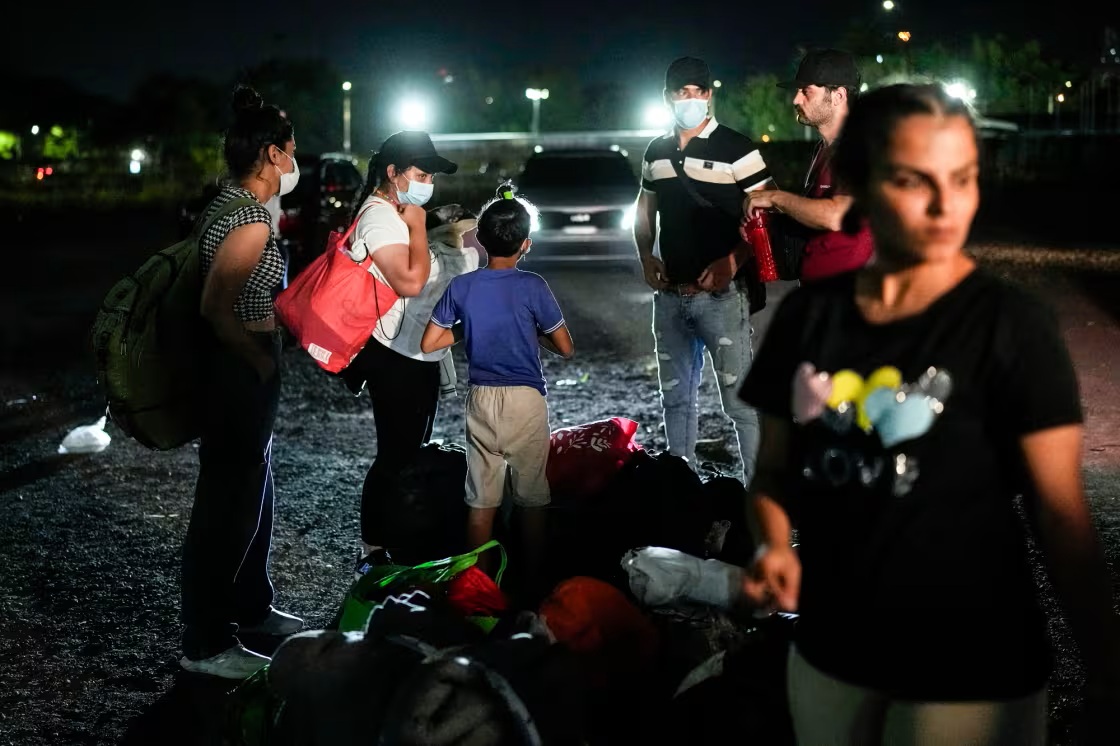
After weeks of lawsuits and human rights criticism, Panama on Saturday released dozens of migrants who were held for weeks in a remote camp after being deported from the United Stages, telling them they have 30 days to leave the Central American nation. It thrust many like Hayatullah Omagh, a 29-year-old who fled Afghanistan in 2022 after the Taliban took control, into a legal limbo, scrambling to find a path forward. “We are refugees. We do not have money. We cannot pay for a hotel in Panama City, we do not have relatives,” Omagh told The Associated Press in an interview. “I can’t go back to Afghanistan under any circumstances. … It is under the control of the Taliban, and they want to kill me. How can I go back?
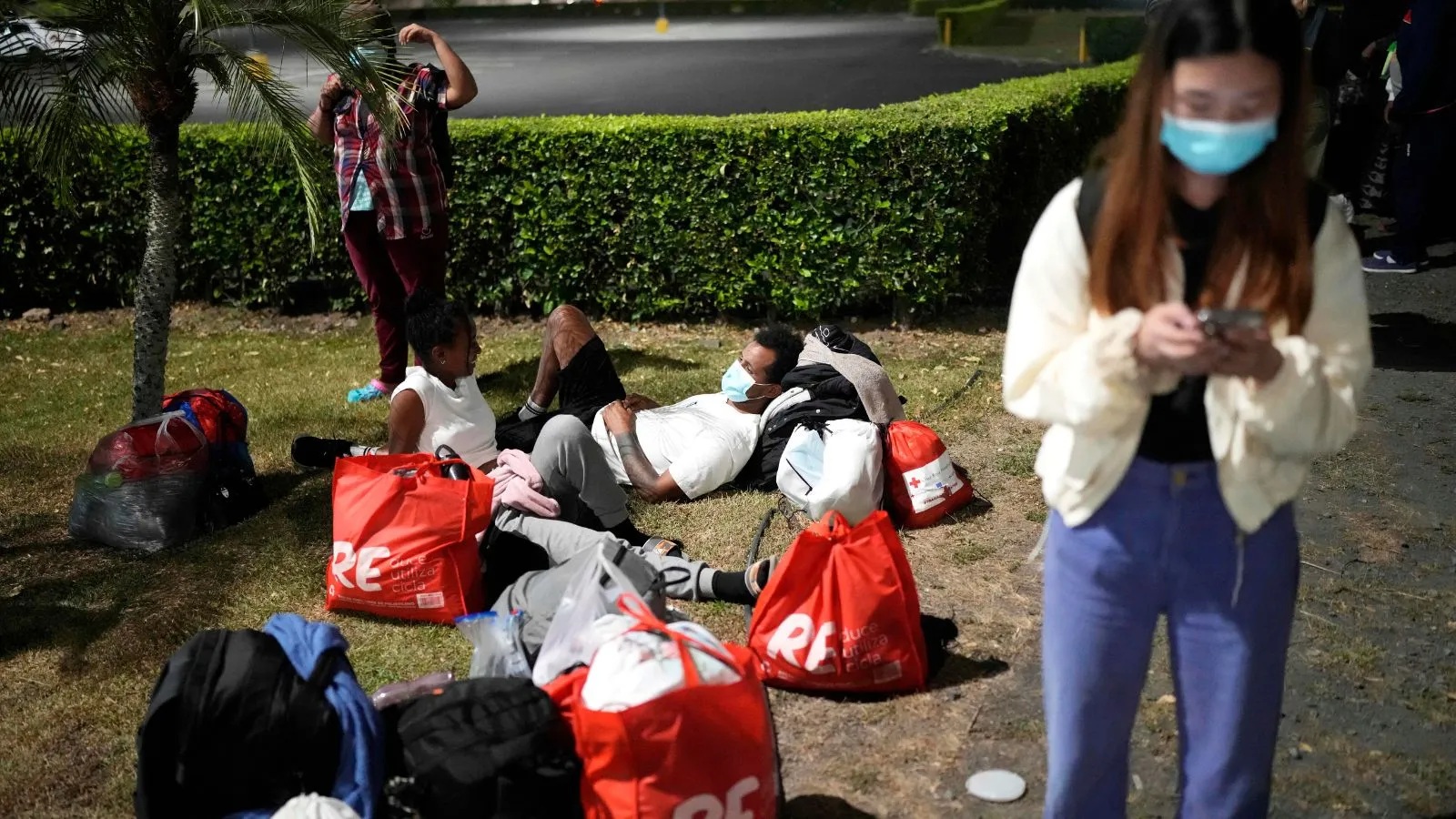
Authorities have said deportees will have the option of extending their stay by 60 days if they need it, but after that many like Omagh don’t know what they will do. Omagh climbed off a bus in Panama City alongside 65 migrants from China, Russia, Pakistan, Afghanistan, Iran, Nepal and other nations after spending weeks detained in poor conditions by the Panamanian government, which has said it wants to work with the Trump administration “to send a signal of deterrence” to people hoping to migrate. Human rights groups and lawyers advocating for the migrants were waiting at the bus terminal, and scrambled to find the released migrants shelter and other resources. Dozens of other people remained in the camp. Among those getting off buses were migrants fleeing violence and repression in Pakistan and Iran, and 27-year-old Nikita Gaponov, who fled Russia due to repression for being part of the LGBTQ+ community and who said he was detained at the U.S. border, but not allowed to make an asylum claim. “Once I get off the bus, I’ll be sleeping on the ground tonight,” Gaponov said.
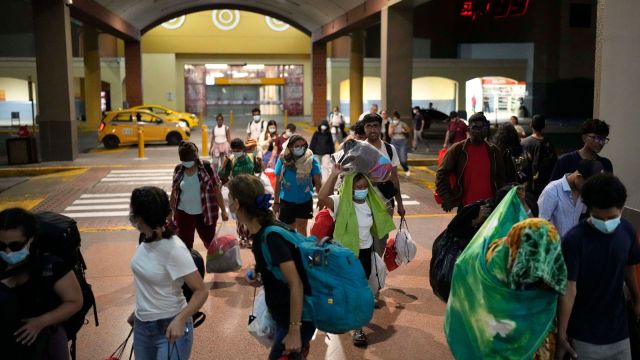
Elías Cornejo, a representative of the Fe y Alegría foundation, which is helping the migrants, explained the situation: “They are part of the 300 people who came on deportation flights from the United States. These people in Panama have not committed any crime or irregularity. They were forced to enter the country, were taken to a hotel, then some were taken to a camp in San Vicente in the Darien Jungle and have returned here to Panama City, where they were left in Albrook (as you may recognize the location in the picture above) to fend for themselves as best they can. We are helping with a little food, emotional care and guidance on their possibilities.”
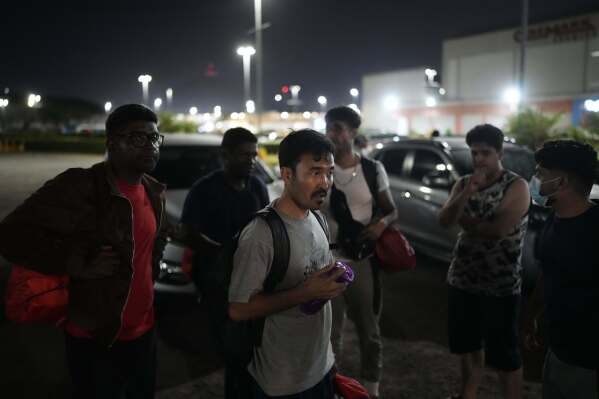
A group of migrants find themselves in a situation of total uncertainty in Panama, after being deported from the United States. These people, who have traveled long distances with the goal of achieving the American dream, now find themselves trapped in Panama, unable to continue their journey and without the possibility of returning to their countries of origin. With the arrival of the new US president, many of these migrants were forced to abandon their dream of reaching the north and were instead deported to Panama, where they are now stranded. Although some have tried to request asylum in the country, the Panamanian authorities have immediately denied these requests.




